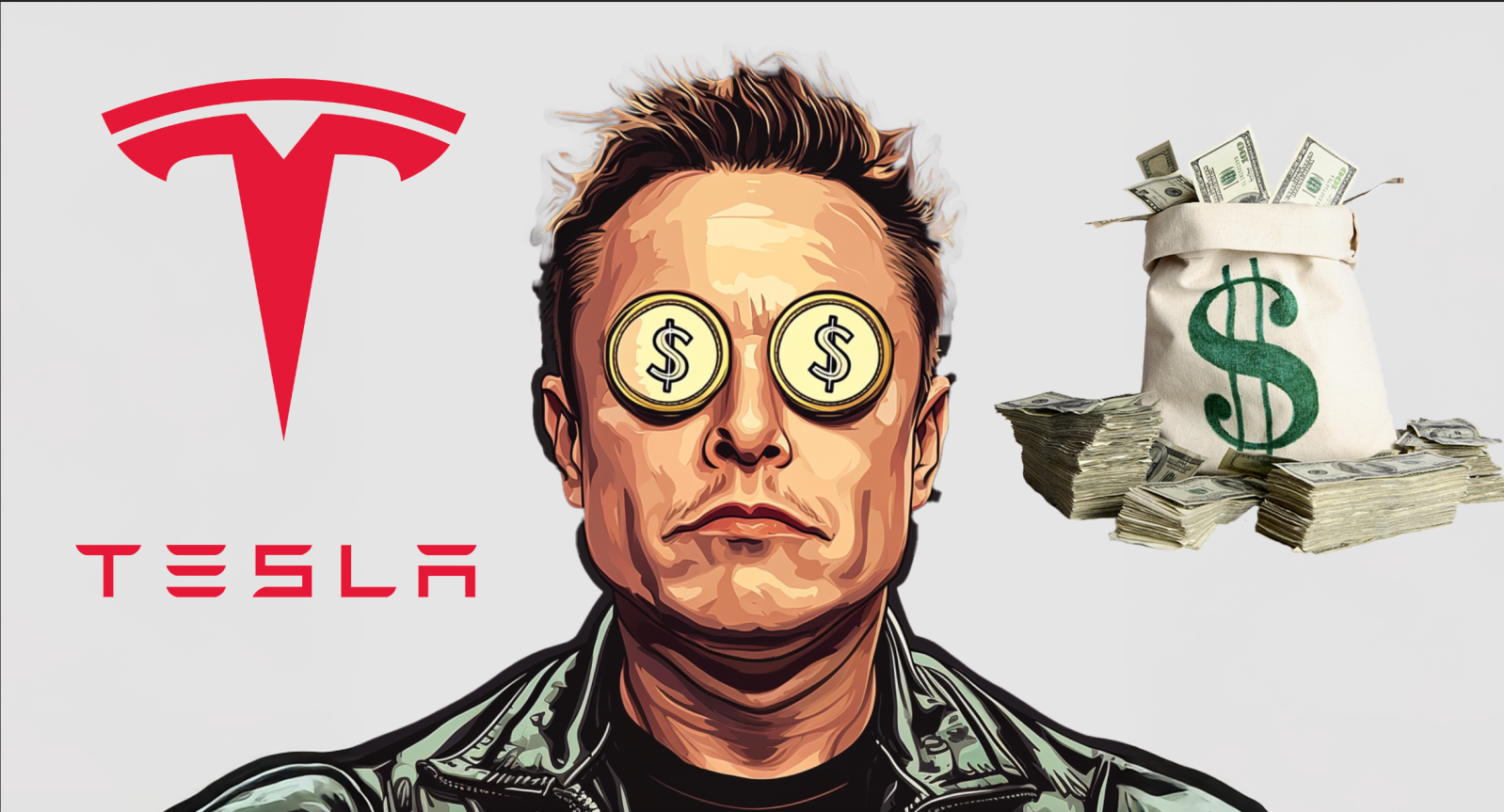In a move that has sent shockwaves through corporate governance circles, Tesla's board of directors has proposed a compensation package for CEO Elon Musk that could theoretically reach a staggering $1 trillion valuation. This unprecedented proposal comes despite the company's historical financial performance, raising both eyebrows and fundamental questions about executive compensation in the modern era.
Key Highlights
- Historic Proposal: Tesla's board has put forward a compensation package for Elon Musk potentially worth up to $1 trillion
- Contextual Contrast: The proposed package exceeds the total earnings Tesla has generated throughout its entire existence
- Governance Implications: The move challenges conventional wisdom about executive compensation and corporate governance standards
- Performance-Linked Structure: The package is believed to be heavily tied to achieving extraordinary market capitalization and operational milestones
The Scale of Ambition: Understanding the $1 Trillion Proposal
The proposed compensation package represents one of the most ambitious executive incentive structures in corporate history. While exact details remain undisclosed, industry analysts suggest the package would require Tesla to achieve market capitalization milestones that currently seem astronomical. This move signals the board's extreme confidence in Musk's ability to deliver transformative growth, despite the company's mixed financial history and the increasingly competitive electric vehicle landscape.
Historical Context: Compensation Versus Company Performance
What makes this proposal particularly remarkable is its relationship to Tesla's financial track record. Since its founding in 2003, Tesla has experienced volatile financial performance, with periods of significant losses offset by recent profitability. The fact that the proposed compensation could exceed the company's cumulative earnings highlights the board's forward-looking perspective, prioritizing future potential over past performance metrics.
Comparative Executive Compensation Analysis
| CEO | Company | Largest Compensation Package | Company Cumulative Earnings at Time of Award |
|---|---|---|---|
| Elon Musk (Proposed) | Tesla | Up to $1 trillion | Less than total compensation value |
| Elon Musk (Previous) | Tesla | $56 billion (2018) | $5.5 billion cumulative loss |
| Tim Cook | Apple | $750 million (2011) | $100 billion+ profit |
| Sundar Pichai | Alphabet | $280 million (2019) | $130 billion+ profit |
Governance and Shareholder Considerations
The proposal raises significant corporate governance questions that extend beyond Tesla's boardroom. Institutional investors and governance experts are already questioning the appropriateness of such a package, particularly given Tesla's historical financial performance and the broader context of income inequality debates. The package will require shareholder approval, setting the stage for what could be one of the most contentious votes in corporate history.
Performance Metrics and Milestone Expectations
While specific performance targets haven't been publicly detailed, sources familiar with the proposal indicate it likely includes extraordinary milestones related to market capitalization, revenue growth, and possibly ambitious technological achievements. These might include full self-driving capability deployment, global manufacturing expansion, or breakthroughs in battery technology that would fundamentally transform Tesla's market position and valuation.
Market and Industry Implications
This compensation proposal doesn't exist in isolation—it reflects broader trends in how high-growth technology companies value visionary leadership. The package could establish a new benchmark for executive compensation in the tech and automotive sectors, potentially influencing how other companies structure incentives for transformative leadership. However, it also risks creating unrealistic expectations and could be seen as prioritizing executive enrichment over sustainable corporate growth.
Conclusion: A Defining Moment for Corporate Leadership
Tesla's proposed $1 trillion compensation package for Elon Musk represents more than just unprecedented numbers—it symbolizes the evolving relationship between visionary leadership and corporate value creation in the 21st century. While critics will question the appropriateness of such compensation in light of the company's historical earnings, supporters will argue that exceptional vision demands exceptional reward. As this proposal moves toward shareholder consideration, it will undoubtedly spark broader conversations about value, compensation, and what truly drives long-term corporate success in an era of technological transformation. The outcome may well redefine executive compensation standards for years to come, making this one of the most significant corporate governance developments of our time.


